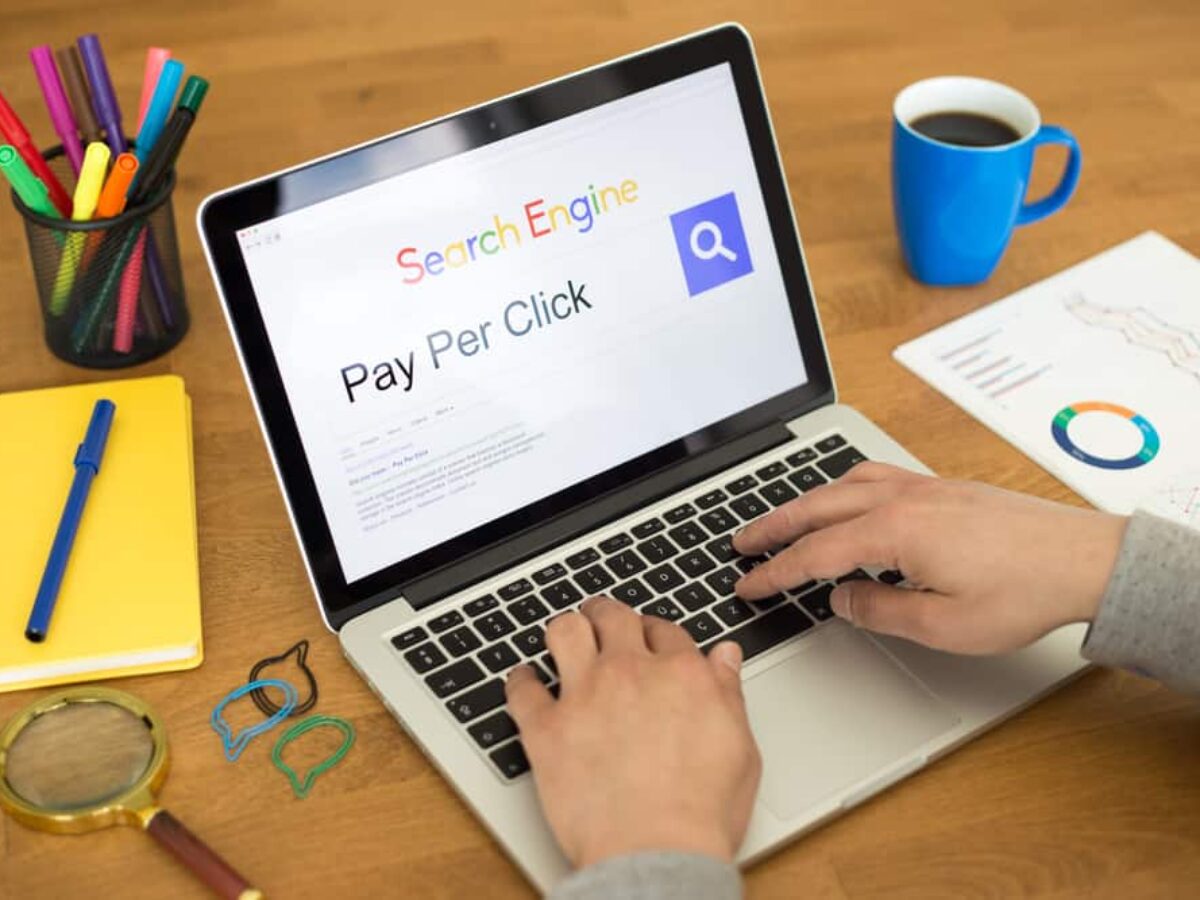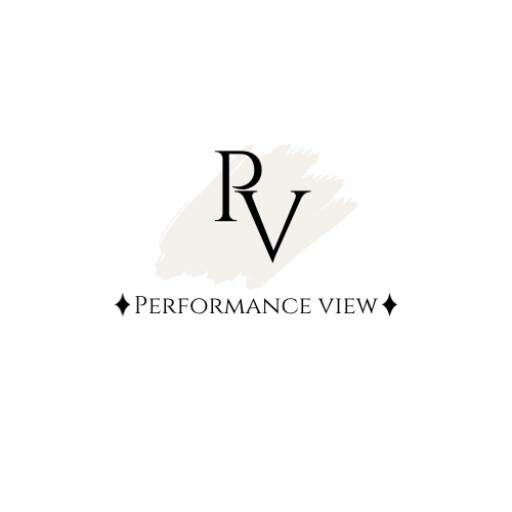
Understanding Paid Advertising
What is Paid Advertising?
Paid advertising, also known as pay-per-click (PPC) advertising, involves paying for ad placements on various online platforms, including search engines, social media, and websites. Advertisers only pay when a user clicks on their ad, making it a cost-effective way to promote products or services.
The Benefits of Paid Advertising
-
Increased Visibility
Paid advertising ensures that your business gets noticed by a larger audience. Your ads appear at the top of search engine results pages, on social media feeds, and across websites, giving you prime real estate to showcase your offerings.
- Targeted Reach
Paid advertising allows you to target specific demographics, interests, and behaviors. This precision ensures that your ads reach the right people who are more likely to convert into customers.
- Immediate Results
Unlike organic methods that can take time to yield results, paid advertising generates immediate traffic and leads. It’s an excellent strategy for businesses looking for quick wins.
- Budget Control
You have full control over your advertising budget. You can set daily or monthly spending limits, ensuring that you don’t overspend and can adjust your budget as needed.
Types of Paid Advertising
- Search Engine Advertising (Google Ads, Bing Ads)
These ads appear at the top of search engine results when users search for specific keywords. They are highly effective for capturing users with high intent to purchase.
2 Social Media Advertising (Facebook Ads, Instagram Ads, Twitter Ads)
Social media platforms offer robust advertising options. You can target users based on demographics, interests, and behaviors, making it ideal for brand awareness and engagement.
3 Display Advertising
Display ads appear on websites and can include images, videos, or text. They are useful for building brand recognition and retargeting previous website visitors.
4 Video Advertising (YouTube Ads)
Video ads are displayed before or during YouTube videos. They are engaging and can convey a lot of information quickly.
- Remarketing/Retargeting
This strategy involves showing ads to users who have previously visited your website but didn’t convert. It keeps your brand in front of potential customers and encourages them to return.
Creating Effective Paid Advertising Campaigns
2 Set Clear Goals
Determine what you want to achieve with your paid advertising campaigns. Whether it’s increasing website traffic, generating leads, or boosting sales, clear goals are essential.
3 Understand Your Audience
Identify your target audience’s demographics, interests, and online behaviors. Tailor your ad campaigns to resonate with their preferences.
4 Craft Compelling Ad Copy and Creative
Write engaging ad copy and create eye-catching visuals or videos. Your ads should convey your message effectively and entice users to take action.
5 Monitor and Optimize
Regularly monitor the performance of your ad campaigns. Adjust your targeting, bidding strategies, and ad creatives to improve results and maximize your ROI.
Conclusion
Paid advertising is a powerful tool that can help your business reach new heights in the digital landscape. Whether you’re looking to increase brand visibility, drive website traffic, or boost sales, paid advertising offers a range of options to meet your objectives.
To succeed in the competitive world of paid advertising, it’s crucial to stay informed about industry trends, continuously optimize your campaigns, and adapt to changes in the digital marketing landscape. With the right strategy and execution, paid advertising can be a game-changer for your business, delivering tangible results and a strong return on investment.
Invest in paid advertising today, and watch your business soar to new heights of success in the online world.


